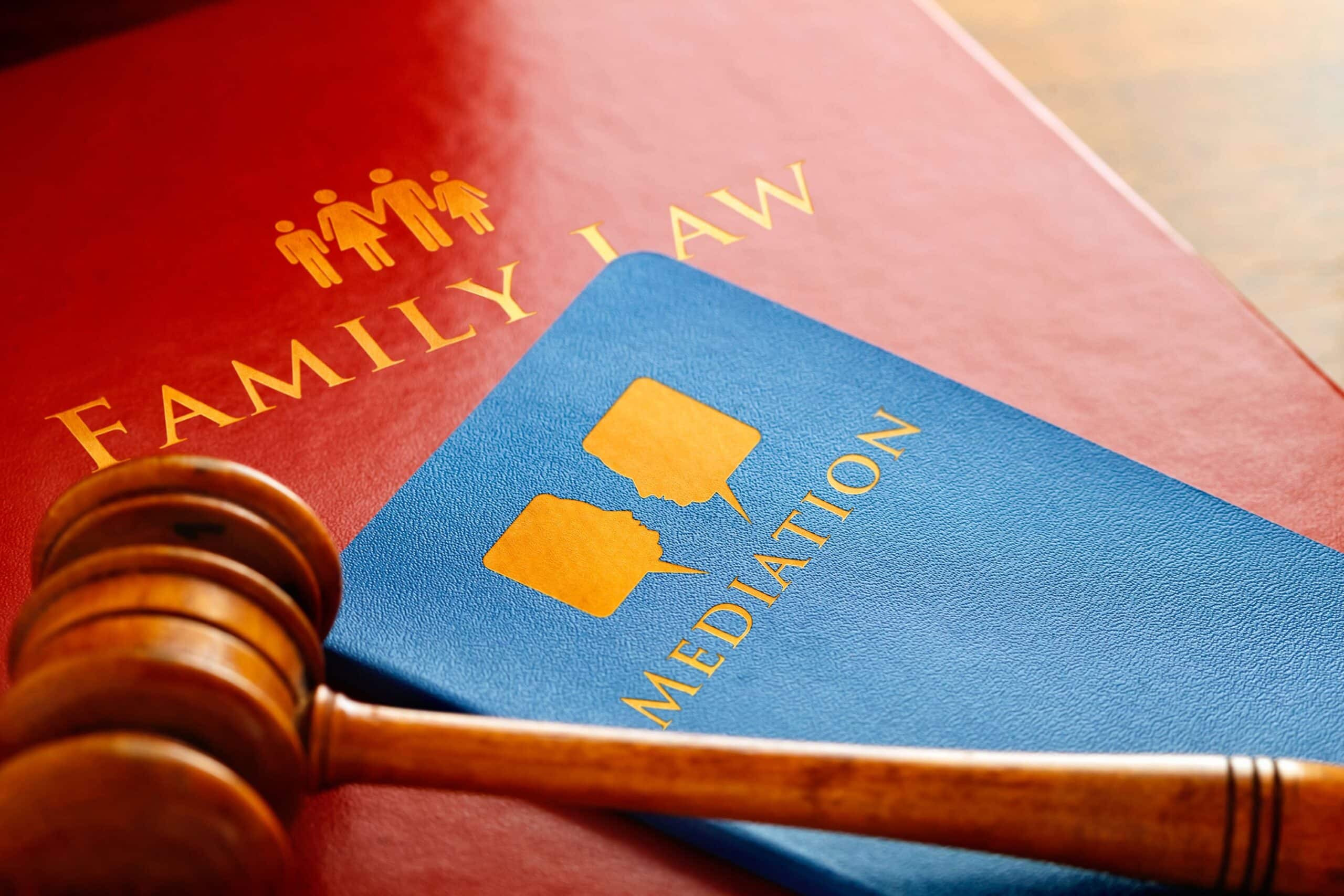Divorce | Family Law | Mediation |
The Pros and Cons of Mediation in Minnesota Family Law Cases
Family law cases like divorce, child custody, and support can be complex and emotionally challenging. There are often multiple issues to be resolved, and the parties involved may have strong feelings and opinions on how those issues should be addressed. Mediation is becoming an increasingly popular method of resolving family law disputes in Minnesota. Mediation involves a neutral third party who assists the parties in reaching a mutually acceptable agreement. While mediation can be a helpful tool, it’s important to understand the pros and cons before deciding if it’s the right option for your case.
Pros of Mediation in Minnesota Family Law Cases
- Cost-effective: Mediation is generally less expensive than going to court. Mediation allows parties to save money on attorney fees, court costs, and other expenses associated with litigation.
- Faster resolution: Mediation is generally faster than going to court. Mediation sessions can be scheduled more quickly than court dates, and mediation can be completed in weeks or months rather than years.
- Better control: In mediation, the parties have more control over the outcome of their case. They can work together to devise a solution that works for both parties rather than having a judge impose a decision on them.
- Confidentiality: Mediation is a confidential process. Anything said during the mediation sessions cannot be used in court if the parties cannot agree.
- Less adversarial: Mediation is generally less adversarial than going to court. The parties work together to reach a mutually acceptable agreement rather than being pitted against each other in court.
Cons of Mediation in Minnesota Family Law Cases
- No guarantees: Mediation does not guarantee a resolution. If the parties cannot reach an agreement, they will still need to go to court to resolve their case.
- Imbalance of power: Mediation can be an imbalanced process. If one party has more power than the other, they may be able to manipulate the process to their advantage.
- Lack of representation: In mediation, parties may not have legal representation. This can be a disadvantage if one party understands the law better than the other.
- Limited remedies: Mediation is limited in the remedies that can be obtained. If the parties cannot agree on a particular issue, they may need to court to resolve it.
- Emotionally difficult: Mediation can be emotionally difficult for parties already dealing with a difficult family law case. Mediation can require parties to confront their issues head-on, which can be difficult for some.

Mediation can be a cost-effective, faster, and less adversarial alternative to going to court in family law cases in Minnesota. It allows parties to have more control over the outcome of their case and can be a confidential process. However, mediation has some disadvantages, including the lack of guarantees, imbalance of power, limited remedies, lack of representation, and the emotionally difficult nature of the process. Ultimately, the decision to use mediation in a family law case is personal and should be based on the specific circumstances of each case. It’s important to work with an experienced family law attorney who can help you decide if mediation is the right choice and can guide you through the process if you choose to use it. With the right guidance, mediation can be a successful tool for resolving family law disputes in Minnesota.
About the Author:
A former Assistant Public Defender for the Sixth Judicial District in Duluth and former staff attorney for the Indian Legal Assistance Program, Brent R. Olson is an experienced trial lawyer who has appeared in every Courthouse in the Sixth Judicial District and taken over three dozen cases to verdict. At LaCourse, Poole & Envall, Mr. Envall focuses on family law, workers’ compensation, and criminal defense. He has a strong belief in restorative justice and helped to develop the Domestic Violence Restorative Circles progra
















